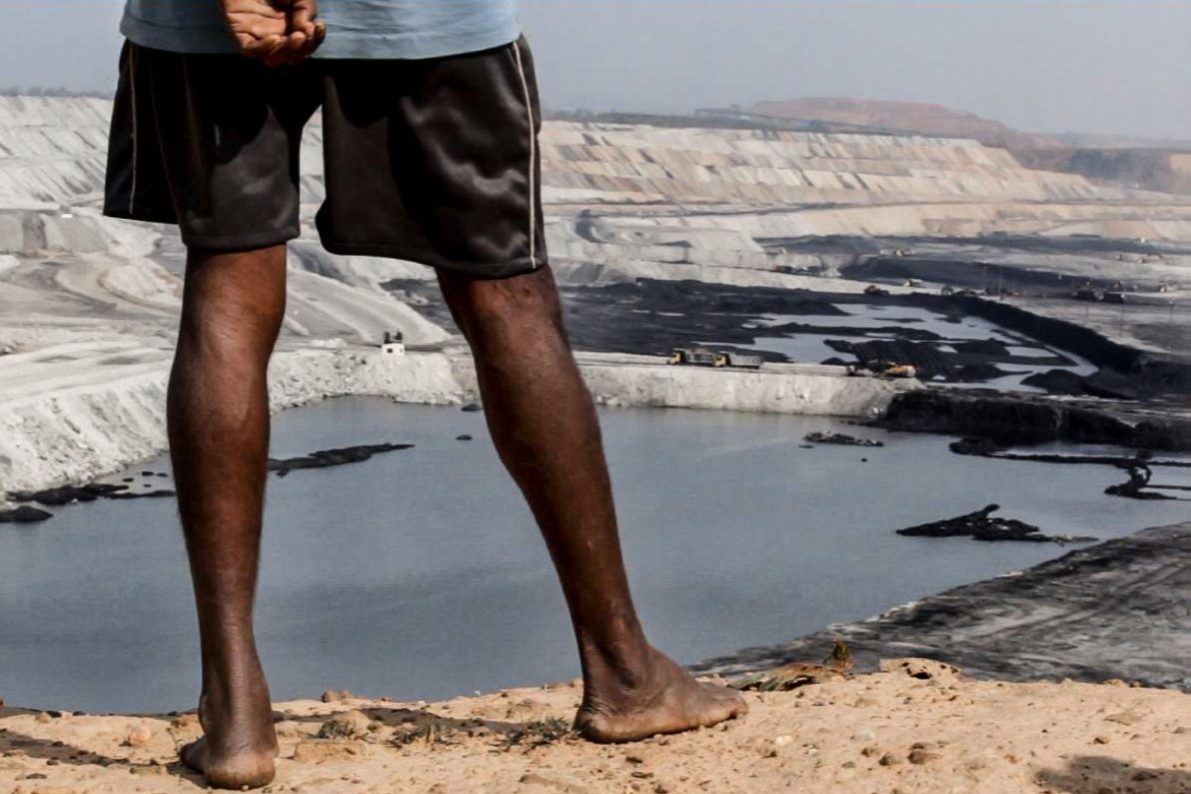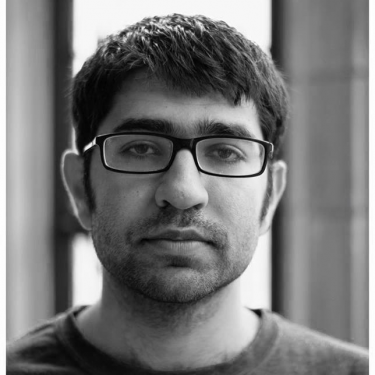Punished for Seeking Justice
India’s Supreme Court Ruling in Himanshu Kumar v. State of Chhattisgarh
In 2009, Himanshu Kumar, a social activist, filed a petition with the Supreme Court of India against the state of Chhattisgarh. The case concerned the massacre of 16 indigenous people (in legal terminology, “tribals”) in three villages. Kumar alleged that state paramilitary and police forces, along with a state-sponsored vigilante group, the Salwa Judum, were responsible for the killings. He asked the Supreme Court to direct India’s Central Bureau of Investigation (CBI) to probe the case, and to award compensation to the victim’s relatives.
An Erratic Record of Accountability
Petitions of this kind are quite common in the Indian legal system. Due to a systemic failure of institutions over the years, the Supreme Court has emerged as the body that people approach, not merely to enforce their own rights against the state, but also for remedies that will compel other public institutions to discharge their constitutional duties. The practice of public interest litigation in India has often been articulated in the language of accountability: i.e., using the judiciary to hold other state institutions accountable.
However, the Supreme Court’s record on cases involving state impunity – especially in regions of the country where armed militancy exists – has been patchy, to say the least. Thus, it was not entirely surprising when, after leaving the case pending for 13 years, the Supreme Court dismissed Himanshu Kumar’s petition in 2022, holding that there was no case to answer regarding Kumar’s request for a CBI investigation. Notably, there is no consistency in the Supreme Court’s judgments when it comes to ordering – or refusing to order – a CBI investigation into an issue.
Turning the Tables on the Petitioner
However, while the decision itself may not have been surprising, the Supreme Court then went on to do something rare and troubling. At the end of its judgment, it imposed what it called “exemplary costs” of Rs 5 lakhs (6,200 euros) on Himanshu Kumar. In addition, the state of Chhattisgarh had – during the pendency of the proceedings – filed an application before the Court, asking it to hold Kumar guilty of “levelling false charges” against the security forces, and giving “false and fabricated evidence”. It also requested the Court to direct the CBI to investigate “the individuals/organizations, who have been conspiring, abetting and facilitating filing of petitions premised on false and fabricated evidence”. The Supreme Court took note of this application, and observed that it was leaving “it to the State of Chhattisgarh/CBI to take appropriate steps in accordance with law”. It also hinted that the scope of the offences could include both fabricating evidence and criminal conspiracy.
The Court’s Actions in Context
Indeed, a few weeks before this judgment, the Supreme Court had passed an order in a petition challenging the finding of a Special Investigative team concerning the responsibility of the then-Chief Minister of Gujarat and current Prime Minister of India Narendra Modi for the thousands of deaths caused by the 2002 riots in Gujarat. Dismissing the petition, the Court also noted that this was an abuse of process, and said those involved “need to be in the dock and proceeded with in accordance with law”. While the Court did not find any individual guilty of any offence, within 24 hours, the Gujarat Police arrested one of the petitioners – the social activist Teesta Setalvad – while explicitly citing the Supreme Court’s order. Setalvad would go on to spend two months in jail before a different bench of the Supreme Court granted her bail.
Given the similar circumstances, the Supreme Court’s order in the Himanshu Kumar case can be understood – at the very least – as informal encouragement to state agencies to prosecute petitioners seeking justice at the Supreme Court. When combined with the heavy fine that the Court imposed on Kumar, this creates a very disturbing precedent.
Article 32 of the Indian Constitution guarantees everyone the right to petition the Supreme Court to enforce fundamental rights. During the drafting of the Constitution, this provision was called the “heart and soul” of the Constitution by B.R. Ambedkar, the chairperson of the drafting committee. Over the last four decades – the era of public interest litigation in India – the Supreme Court has expanded the scope of Article 32, loosening standing requirements. It has also publicly encouraged citizens to use the provision to litigate cases of misgovernance, failure of institutions, or other kinds of government abuse or inaction. This use of Article 32 has cemented the Indian Supreme Court’s global reputation as a “powerful” and “activist” Court.
Making an “Example” of Adivasis Seeking Redress
It is against this background that the Court’s order in Himanshu Kumar must be considered. As the term suggests, the “exemplary costs” imposed on Kumar were meant to set an example, or to make an example of him, to deter others from doing the same. The Court’s informal encouragement to state agencies to prosecute petitioners also falls within the same category of “exemplary” action. Crucially, there is a close link between the filing of the petition and this type of Court-sanctioned exemplary action. According to the Court, the petitioners’ offence lays in the act of filing the case itself, through potentially making false accusations, and engaging in conspiracy.
On one level, such orders have a clear chilling effect on future attempts to challenge state impunity before the courts. If there is a non-trivial risk that a petition challenging state impunity will not merely invite dismissal, but punishment and prosecution, then it strongly disincentivises anyone from taking such a risk.
The Daunting Task of Combatting State Impunity
There are also, however, two further problems: first, proving state responsibility for crimes such as extra-judicial killings, is a herculean task. The power dynamics in such cases clearly favour the state, as it often has ultimate control over evidence. Moreover, the Indian judiciary has – historically – been exceedingly deferential towards state claims of “national security”, and has tended to grant state security agencies immunity from prosecution. Furthermore, in places such as Chhattisgarh, it has often deployed the language of the state of exception to justify such deference. This makes the prospect of “winning” such cases a daunting one, though the purpose of public interest litigation is not necessarily to “win”. Often, it is about creating a public record or, more simply, allowing individuals who have suffered injustice to be heard in a public forum, such as the Court. And even if unsuccessful, the process of litigating such cases requires the state, at the very least, to appear and defend itself before the Court and provide reasons for what it has – or has not – done.
Justice in Jeopardy
The Supreme Court’s order in Himanshu Kumar puts even this minimal mechanism of seeking state accountability in jeopardy. It seeks to close off the Supreme Court itself as an avenue to challenge state impunity by sending a signal to individuals that their own freedom and security is potentially at risk if they are unable to prove their claims to the satisfaction of the Court. It places people in an impossible dilemma: not to approach the Court at all, or to approach the Court and assume the risks of being punished for doing so. All of this causes great detriment to the rule of law and the protection of fundamental rights. One may only hope that sooner or later, the Supreme Court will reverse the Himanshu Kumar judgment and reaffirm the right of individuals to invoke Article 32 without fear of punishment.

